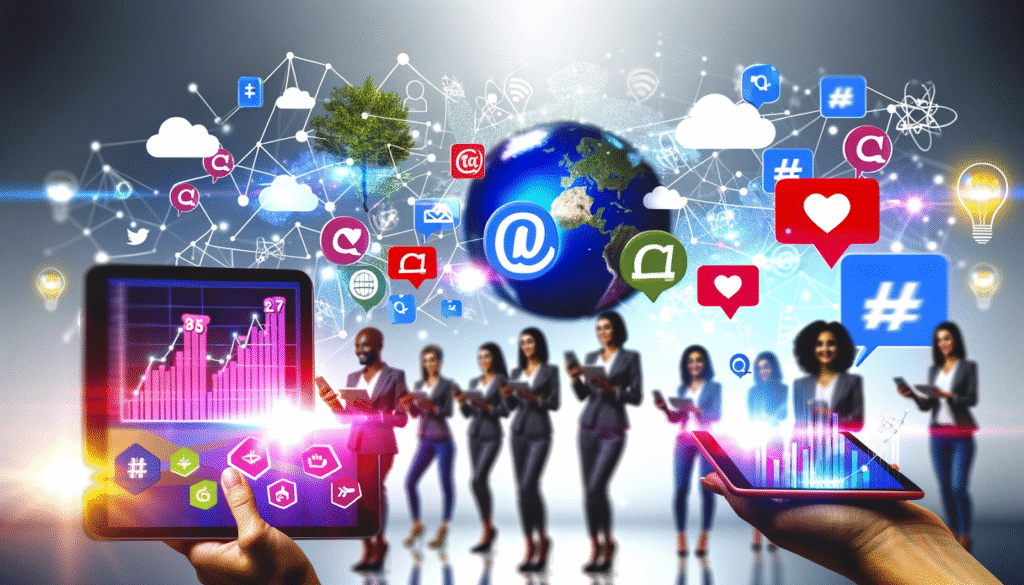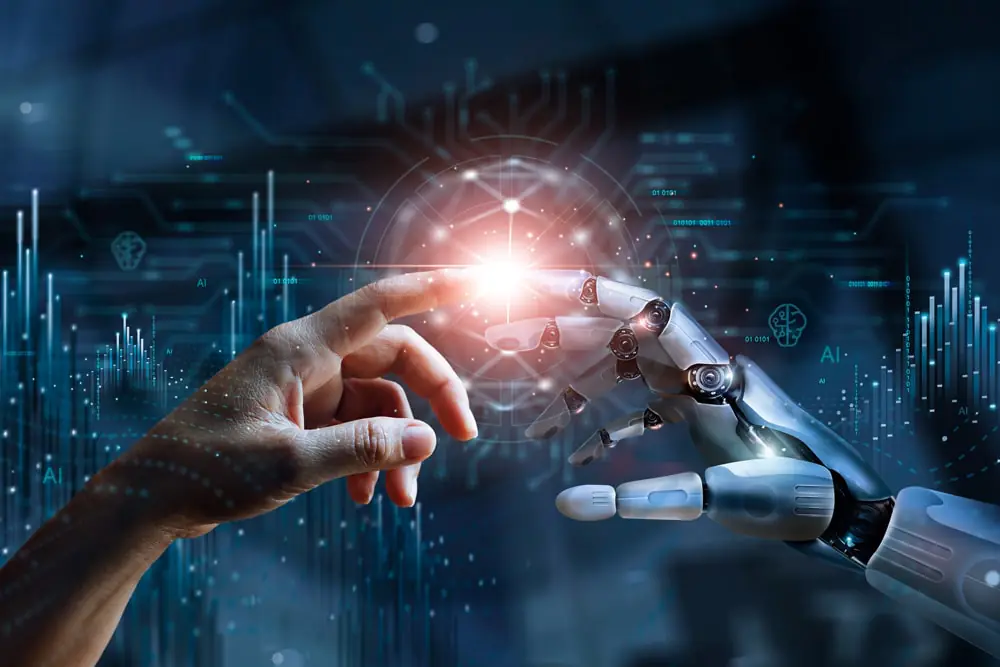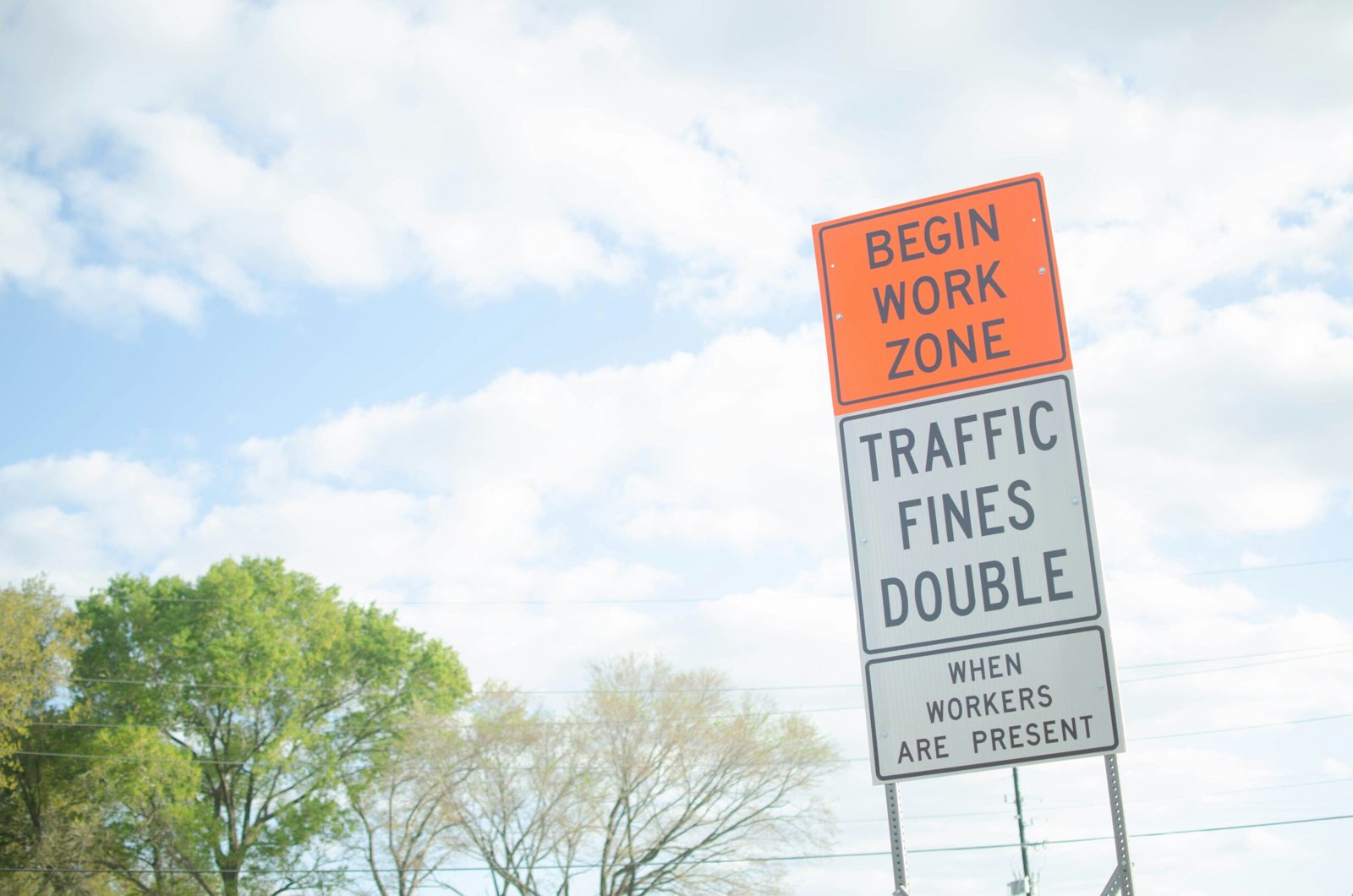Introduction
What began as a fun way to share pictures and updates with friends has become one of the most powerful forces in modern society. Social media has evolved dramatically over the past two decades—from platforms like MySpace and early Facebook to TikTok, Twitter (X), and beyond. It influences politics, mental health, business, and global culture.
This article explores how social media has transformed from its humble beginnings to a dynamic digital ecosystem—and what this means for users, creators, and the world.
1. The Early Days: Personal Sharing and Community
In the early 2000s, platforms like Friendster, MySpace, and early Facebook allowed users to:
- Create personal profiles
- Share updates, photos, and music
- Build friend lists and communities
These platforms emphasized connection and expression over influence or monetization.
2. Social Media Becomes a Business Tool
By the 2010s, platforms matured into business engines:
- Facebook introduced Pages and Ads
- Instagram became a marketing haven for brands
- YouTube monetized creators via ad revenue
- LinkedIn evolved into a career-building network
Social media transitioned from a personal tool to a strategic business platform.
3. The Rise of Influencers
With new monetization tools, individuals began building audiences and earning income through:
- Brand deals and affiliate marketing
- Sponsored content
- YouTube ad revenue
- TikTok Creator Fund and Instagram shopping
Influencers blurred the line between celebrity and entrepreneur.
4. Political and Social Impact
Social media has become a powerful voice in global discourse:
- Political campaigns (Obama, Trump, Bolsonaro, etc.) use targeted social ads
- Movements like #MeToo and #BlackLivesMatter gain traction worldwide
- Disinformation, bots, and echo chambers present ongoing challenges
Platforms now shape public opinion, for better and worse.
5. The Algorithmic Era
Today’s social platforms use algorithms to maximize engagement. These algorithms:
- Personalize content feeds
- Recommend similar posts based on your behavior
- Prioritize viral, emotional, or controversial content
While they increase relevance, they also create addiction and polarization.
6. Mental Health and Digital Balance
Heavy social media use is linked to:
- Anxiety, depression, and low self-esteem
- Fear of missing out (FOMO)
- Sleep issues and reduced attention span
Movements now promote digital detox and healthier online habits.
7. The Future: Decentralization and AI Integration
What’s next?
- AI-generated content (avatars, writing, voiceovers) is growing
- Web3 and decentralized platforms offer new ownership models
- Livestream shopping, virtual events, and metaverse integration are emerging trends
Final Thoughts
Social media has evolved from digital bulletin boards to global megaphones. With influence comes responsibility. As technology advances, users and platforms must prioritize authenticity, safety, and ethical use to maintain trust and purpose in the digital age.



